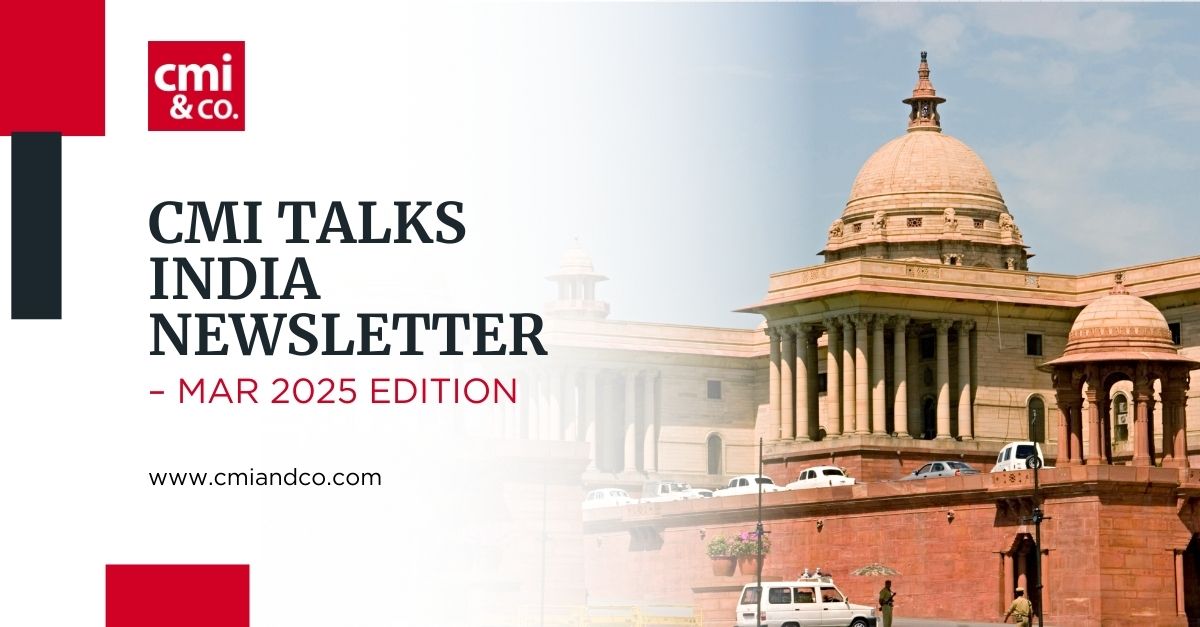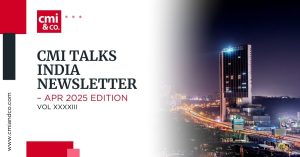The Delhi High Court held that Arbitral Awards can be granted on the basis of Evidentiary Admissions.
The Delhi High Court bench of Justice Prateek Jalan in its judgment dated March 06, 2025, in Rattan India Power Ltd v. Bharat Heavy Electrical Ltd. held that there is no bar on the arbitral tribunal to grant an arbitral award based on evidentiary admissions i.e., admissions beyond pleadings under Order XII Rule 6 of the Code of Civil Procedure.
Key Takeaways:
- The dispute arose from a Letter of Award (LOA) dated 11.10.2010, whereby BHEL was entrusted with designing , testing and supplying a Boiler Turbine Generator for Rattan India’s power plant in Maharashtra.
- Rattan India alleged non-sequential supply of plant, machinery, and equipment resulting in financial losses while BHEL claimed non-payment of Rs 115 crores for supplies and services.
- The Arbitral Tribunal allowed BHEL’s application and awarded Rs 115 crores dismissing Rattan India’s application of non-supply.
- The Delhi High Court held that evidentiary admissions beyond pleading are valid under Order XII Rule 6 of CPC as acknowledgement in documents such as meeting minutes and correspondence can form the basis of an arbitral award. It further opined that the quantity and quality of evidence, and the weight to be given to a piece of evidence are within the powers of the Arbitral Tribunal.
SEBI collaborates with DigiLocker to reduce unclaimed assets in the Indian Securities Market
SEBI, vide circular no. SEBI/HO/OIAE/OIAE_IAD-3/P/CIR/2025/32 dated March 19, 2025, titled as “Harnessing DigiLocker as a Digital Public Infrastructure for reducing Unclaimed Assets in the Indian Securities Market.”
Key Takeaways:
- The initiative has enabled DigiLocker users to fetch and store their statement of holdings for shares and mutual fund units from their demat accounts along with their Consolidated Account Statement (CAS).
- The intimation will be done through SMS or email to the nominees upon demise of the DigiLocker user. Nominees will be able to access the deceased DigiLocker account through their own DigiLocker account after authentication of identity.
- All Asset Management Companies and recognised Depositories are directed to register with DigiLocker as “Issuer” to enable users/investors to fetch their holding statement as of the date immediately preceding the date of fetching or transaction statements for the last 30 days.
- This shall come into effect from April 01, 2025.
New GST Rules from April 01, 2025
The GST system will mandate the Input Service Distributor (ISD) mechanism for fair tax distribution.
Key Takeaways:
- The government has announced that businesses must use the Input Service Distributor (ISD) mechanism exclusively to allocate common Input Tax Credit (ITC) to their multiple GST registrations under the same PAN.
- Failure to follow the ISD mechanism may result in the denial of ITC, recovery of incorrect ITC along with interest, and a penalty of Rs 10,000 or the amount of irregular ITC, whichever is higher.
- Companies will need to categorize services appropriately and may need to restructure their invoices to ensure correct distribution of ITC across locations.
- Businesses will face additional monthly GST compliance, including filing separate returns in GSTR 6 and reconciling ISD-related transactions.
CBDT signs 174 Advance Pricing Agreements in FY 2024-25
The Central Board of Direct Taxes (CBDT) signed 174 Advance Pricing Agreements (APAs) with Indian taxpayers in FY 2024-25, the highest in a single financial year since the program’s launch.
Key Takeaways
- 65 of the 174 APAs signed were bilateral APAs (BAPAs) which is the highest number of BAPAs finalized in any year so far.
- These BAPAs resulted from mutual agreements with India’s treaty partners, including Australia, Japan, South Korea, the Netherlands, New Zealand, Singapore, the UK, and the US.
- The APA Scheme aims to provide certainty to taxpayers in transfer pricing and protect against potential or actual double taxation,
- The APA programme has significantly contributed to the Government of India’s mission to enhance business, particularly for multinational enterprises engaged in extensive cross-border transactions.


